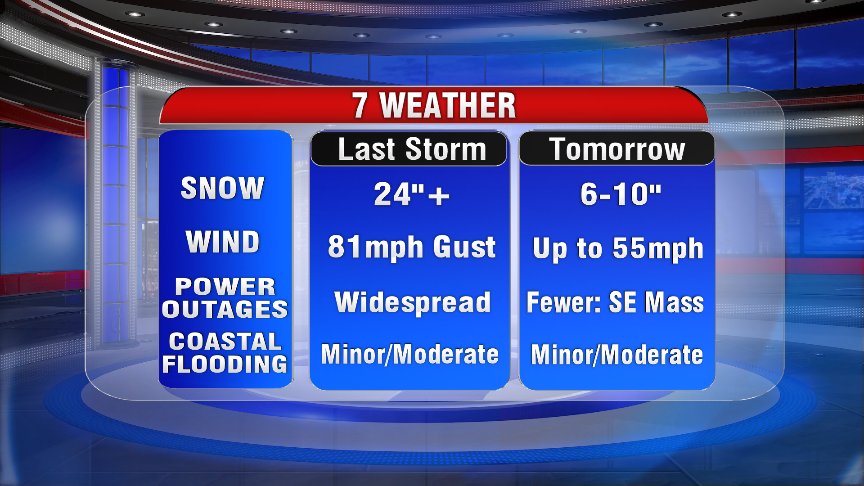
With that kind of spontaneity, do you follow recipes? The vegetables- whatever is in the garden at the time that we want to harvest. The protein could be fish, chicken, pork, steak, anything. When I cook, it’s really about protein and vegetable balance. Can you grow things in a lower-light situation that maybe you didn’t think you could? Can you grow things for a longer season? New seeds and new varieties and cold-hardy things and disease-resistant things. Johnny’s Selected Seeds up in Maine, they’re doing a lot of innovation with vegetable gardening. There are always new techniques on gardening. How do you continue to learn about gardening when you’re already an expert? So you can be harvesting with snow on the ground before most people have even put their first seeds in. The passive solar heating heats things up enough. And then as soon as the light gets to be 10 hours a day, which is generally around the second week in February, they’ll start growing again underneath. They’ll sort of linger through the late-December- through-mid-February time period but they’ll still be alive. There are certain greens, especially Asian greens, which with a little bit of protection and no added heat, you can get to winter over. Tell me more about these wintering vegetables. I was just planting earlier today some savoy. I’ve gotten into wintering vegetables, greens especially. I’m really into spinaches because you can start spinach in November and December, and if you protect it, you can actually start harvesting it in March. I mean, you gotta have tomatoes in the summer. It’s expanded over the years to trees and shrubs and perennials, but I really started with food. I’ve grown vegetables since I was probably 10 years old. The vegetables are really the thing that I’ve done the longest. The plants that you were working with in your high school garden-are they similar to the plants you have in your garden now? I talked about how I took care of it and the changes. I took pictures of what the garden looked like during the course of a year.

Actually, my application to Colby, where I went to college, my essay was all about my garden over a year. When I speak with schools, I always encourage kids to think about what they like now and try to hold onto that, and try to make a career out of it. I consider it really fortunate that I’m able to make a living doing what I love. I think they’re definitely passions that I’ve had for my entire life. I was also a plant nut at a young age as well. I wanted to be a meteorologist since I was a kid. Tell me about how you got into meteorology and gardening. Editors can find questions about my pieces that maybe I didn’t think of, and that’s really valuable feedback. Whereas when I’m writing, I get to really think about it. When you’re on camera, especially doing the weather-I freelance for WBZ now-you’re telling a story in two and a half, three minutes, and you’re ad-libbing, it’s done. Not many people get to be good at both appearing on camera and writing. You’ve been an on-air meteorologist for a long time, and you also write about weather. I hoped it would be as successful as it has! Because of the success of what we were doing on air in the mornings on the news, I figured that there was at least a market for it. As I looked out at the time at YouTube and other ways that people were starting to put content on the Internet, I decided that I would start creating content.ĭid you expect it to become as successful as it has? I used to bring plants in and educate people in a very short segment called “Extreme Garden Makeover”: what to do in their yards that particular week or couple weeks.

What made you decide there was a market for short, do-it-yourself gardening videos?ĭAVID EPSTEIN: I was with Channel 5 since 1992. The conversation included the rebound of heirloom tomatoes, container gardening in small spaces, water conservation during Massachusetts’ drought and how his vision of garden design is “painting” with plants.ĮDIBLE BOSTON: You started your Growing Wisdom video blog back in 2007. We spoke with him at his home in Natick, surrounded by plants he had just brought inside a sunroom before the cold weather. In bite-size segments, he covers everything from pruning cucumber plants to getting orchids to re-bloom to planting ginger in bags.

An understanding of the first two makes for good food-and an eclectic career, as David Epstein can attest to.Īs a meteorologist and horticulturalist, Epstein’s symbiotic interests have led to on-air work as a weatherman for WBUR and WBZ, columns for and the Portland Press-Herald, a landscape design company, a book and college teaching.Įpstein hosts the gardening video blog Growing Wisdom, which has grown into a YouTube channel with more than 30,000 subscribers and a website with over 130,000 page views per month.


 0 kommentar(er)
0 kommentar(er)
